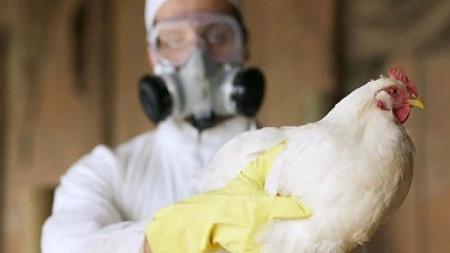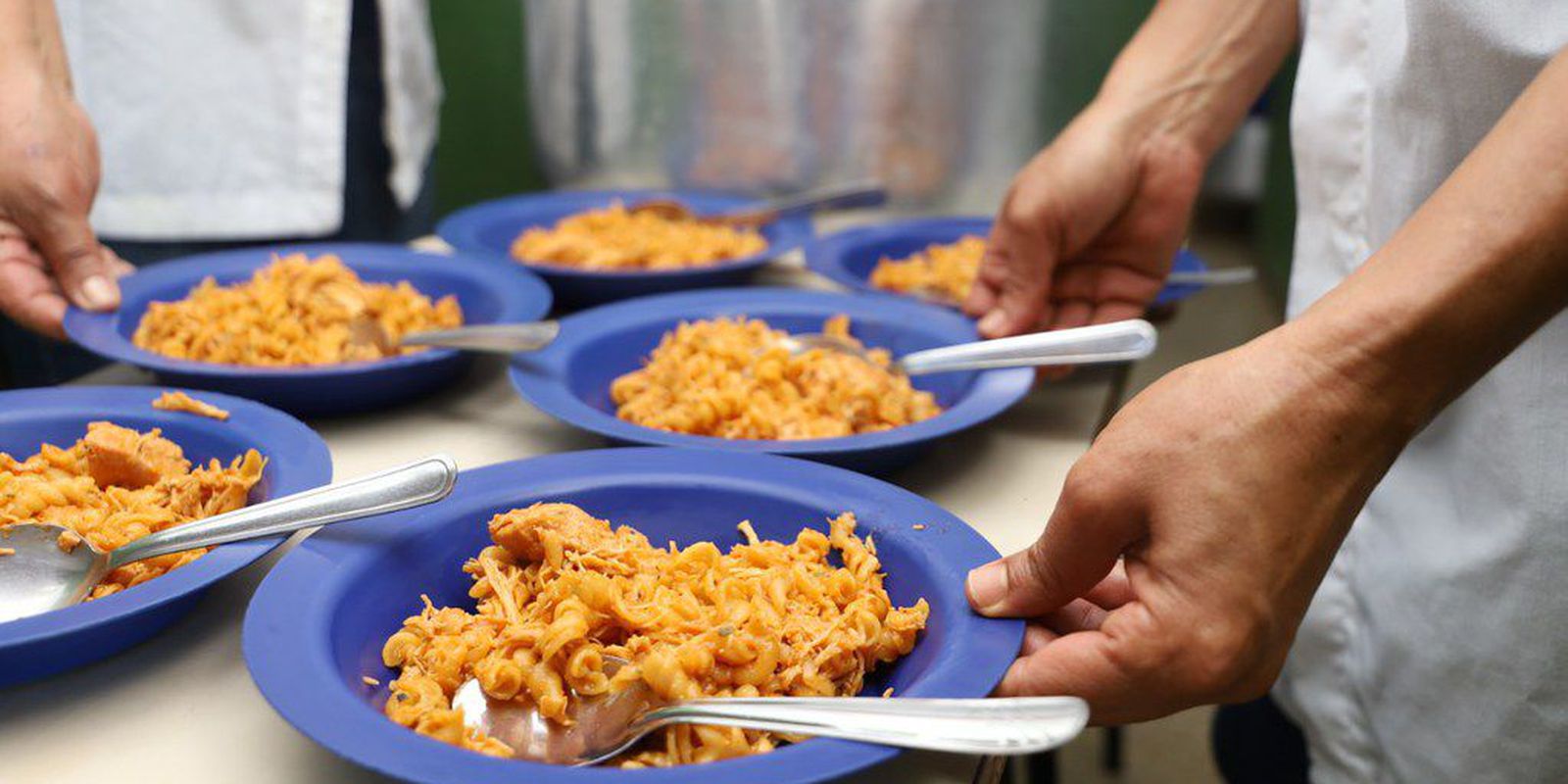All the samples analyzed by the National Laboratory of the National Agrifood Health and Quality Service (Senasa) yielded a negative diagnosis of avian influenza (AI) H5El, for the second consecutive day, the agency reported on Thursday.
In this way, of the more than 200 notifications analyzed by the Senasa laboratory, to date there are still 40 confirmed cases in backyard birds (32), wild (4) and commercial sector (4).
They are distributed as follows: 16 in Córdoba, nine in Buenos Aires, four in Neuquén, four in Santa Fe, two in Río Negro, one in Chaco, one in Jujuy, one in Santiago del Estero; one in San Luis and one in Salta.
“In total to date we have four confirmed cases in what is the commercial circuit (General Alvear and Mar del Plata in Buenos Aires, one in Río Negro and one in Neuquén),” they indicated from Senasa.
Important: Avian influenza is not transmitted by eating meat or eggs; It is only transmitted to humans if a sick bird is handled; For this reason, in case of suspicion, Senasa must be notified so that it can remove the birds.
Sources from the health agency recalled that “the disease entered the country through the migratory routes of wild birds that come from the north, from the United States and Canada, where they have had this disease for several years.”
Likewise, they affirmed that although regarding the number of birds killed or slaughtered, “we do not yet have official statistics, the approximate number is 200,000, including birds that died from the disease and sanitary actions (in the four commercial farms where detected the cases)”.
In this regard, Senasa reported that disinfection work continued at the farm on the outskirts of the city of Mar del Plata where cases were confirmed last Friday and clarified that no more positives were reported in the area.
The head of the organization’s Buenos Aires Sur Regional Center, Víctor Manuel Baldovino, informed Télam that after the outbreak registered in a property in the La Polola area, 15 kilometers from the center of Mar del Plata, the raking carried out in the area did not reveal new cases.
Baldovino specified that of the 20,800 birds that were in the affected area, 128 had to be culled preventively, while all the others died directly from the virus.
He assured that since Saturday “rakings were carried out in establishments located within a radius of three kilometers where there could be backyard birds -such as chickens, hens, ducks, geese-, but no cases were highlighted.”
The regional authorities of Senasa plan to hold a meeting with producers and authorities from the General Pueyrredon district, where 36 registered commercial farms operate, and also from the neighboring district of General Alvarado.
At the affected farm, pits were made to deposit the remains of the dead animals and work continued to bury the beds in which they rested until Friday and all potentially pathogenic materials.
Baldovino, when reporting the protocol that will be applied, said that after the disinfection, the place will remain without birds for a month, and after new inspections “sentinel birds will be entered, and they will wait 14 days to see if they show any symbols or symptoms, and only then can the repopulation begin”.
The regional authorities of Senasa plan to hold a meeting with producers and authorities from the General Pueyrredon district, where 36 registered commercial farms operate, and also from the neighboring district of General Alvarado.
“When a focus is detected, a perifocus and a containment zone are established, where work is done to prevent the spread of the disease, which includes sanitary depopulation and its deposition; in all cases, work is coordinated with the provincial health areas, environment and production and with the municipalities to carry out sanitary actions”, explained the Senasa sources.
For the specialists, “what is important to highlight and that is why we are reinforcing all communication so that producers reinforce their biosecurity measures.”
“Another very important thing is that it is not transmitted by eating meat or eggs; it is only transmitted to humans if a sick bird is handled; therefore, in case of suspicion, Senasa must be notified so that it can remove the birds,” they added.










